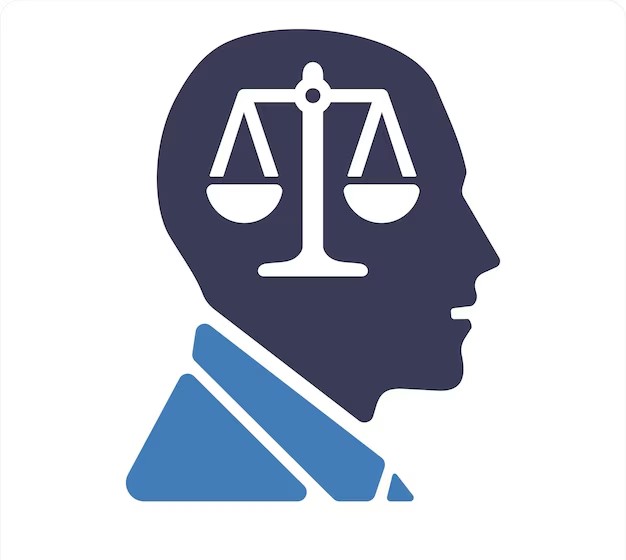These negative effects arising due to the shared resources lead to another economic dilemma, that is the ‘Tragedy of Commons’. When an individual acts for his self-interest which ultimately leads to depletion of public resources, it creates problems. Over-fishing is the most popular example used to show the tragedy of commons. In a selective area, the fish population cannot be increased at the same pace at which it is used. But for individual profits, the fishermen choose to continue fishing in the same area till it’s all vanished and the habitat is dead for the next few weeks as there won’t be any fish in the area. This not only causes discomfort to the occupation but also to the environment, the same is seen in terms of deforestation.
If we think about this problem with a selfless view, today if I have the option to travel without getting a ticket, why would I buy one? If I had the choice to earn more, why would I not? Here comes the answer! Farsightedness. I am thinking about it now. About my current benefits but I must also think about my future. If I am aware enough of its ill effects and future consequences, I might think once before traveling without a ticket. If I know that today’s extra piece of bread will keep me hungry tomorrow, I might not eat it now.
Of course, these are just assumptions, but the individual incentives will eventually lead to the solution to such problems. No government scheme forcing you to pay extra tax is making you come out of this cycle. Thus, all we need today is a rational consumer!
-Aditi Bhavsar





I appreciate the unique perspective presented in the article. 👍👍
ReplyDelete